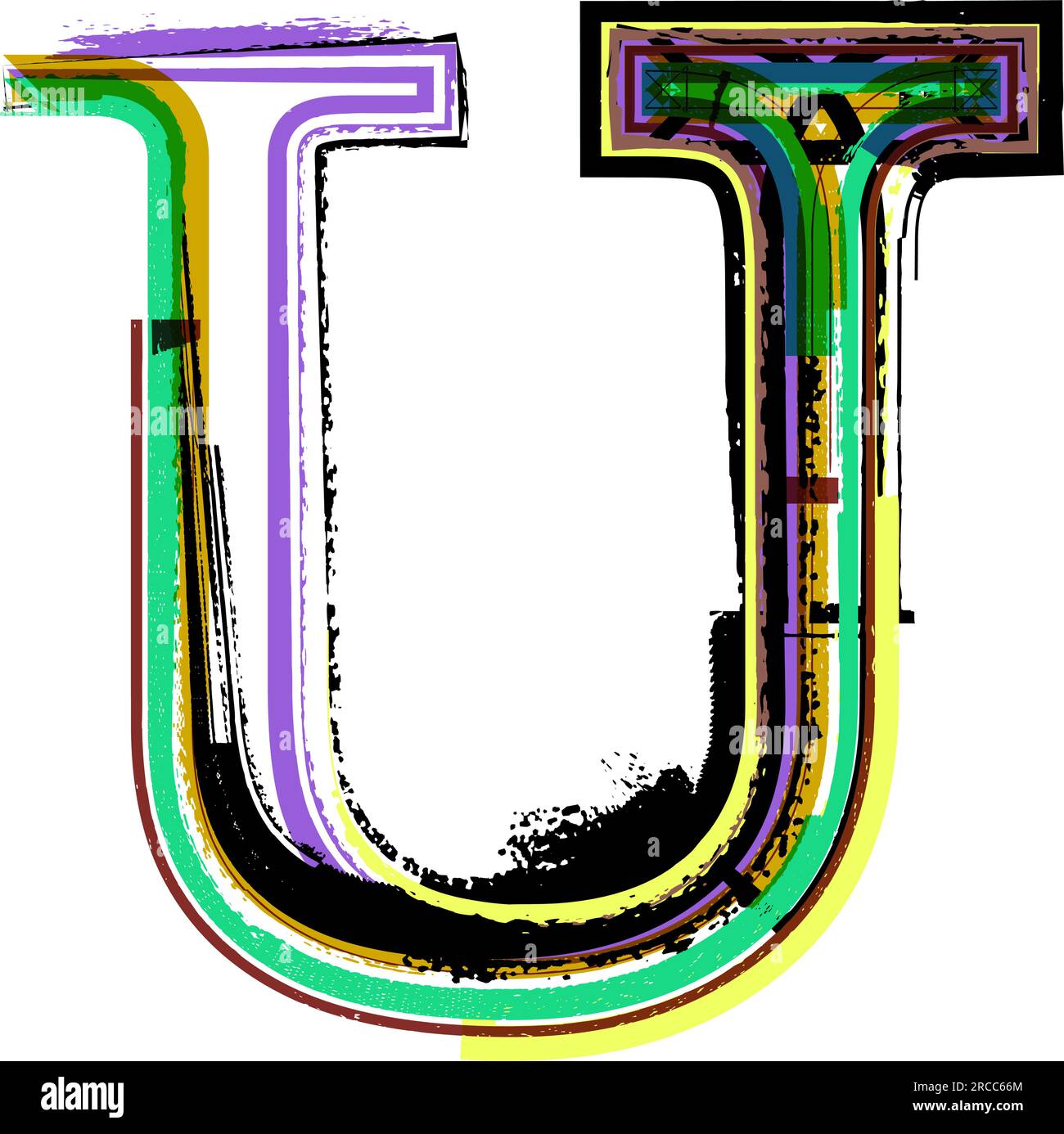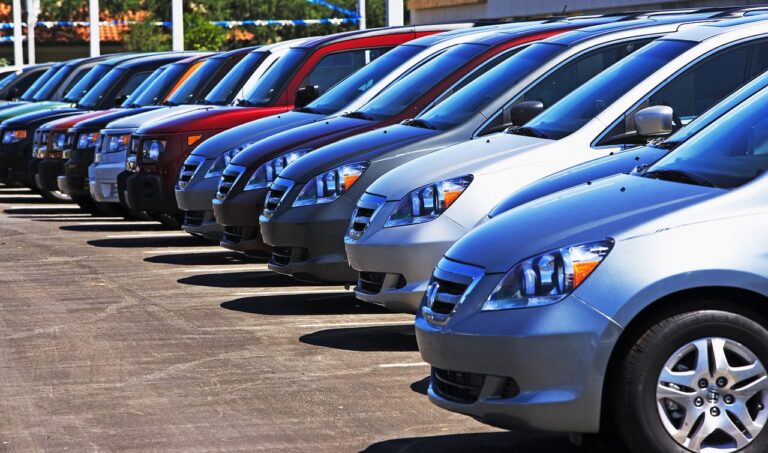U-Haul One Way Trailer Rental Cost Per Day: A Comprehensive Guide
U-Haul One Way Trailer Rental Cost Per Day: A Comprehensive Guide cars.truckstrend.com
Moving, whether across town or across the country, often brings with it a host of logistical challenges and, perhaps more importantly, financial considerations. Among the most popular and cost-effective solutions for DIY movers is renting a U-Haul trailer for a one-way trip. While seemingly straightforward, understanding the "U-Haul One Way Trailer Rental Cost Per Day" is far more nuanced than a simple flat rate. Unlike local rentals, one-way trailer pricing is a dynamic calculation based on several variables, rather than a direct daily charge. This guide will delve deep into the intricacies of U-Haul’s one-way trailer rental costs, helping you budget effectively and make informed decisions for your next move.
The importance of understanding this cost structure cannot be overstated. A clear grasp of how U-Haul determines its one-way rates, what factors influence them, and what constitutes "cost per day" (both the implicit average and the explicit late fee) can save you significant money and prevent unwelcome surprises. This article aims to demystify the process, providing you with practical advice, actionable insights, and a clear breakdown of what to expect.
U-Haul One Way Trailer Rental Cost Per Day: A Comprehensive Guide
Understanding U-Haul’s One-Way Pricing Model: Beyond the Daily Rate
The most critical distinction to grasp about U-Haul’s one-way trailer rentals is that they are not priced on a simple, fixed "per day" basis for the initial rental period. Instead, U-Haul calculates a total package price for the entire one-way journey. This price covers the rental for a specific number of allotted days, which is determined by the distance of your move.
Think of it this way: when you get a quote for a one-way trailer from, say, New York to Los Angeles, U-Haul will provide a single price, for example, $700, and tell you that you have 7 days to complete your move. You are paying for the service of moving the trailer from point A to point B within that timeframe, not a daily rate of $100.
Key Components of the Total Package Price:
- Origin and Destination: The distance between your pick-up and drop-off locations is the primary driver of cost. Longer distances naturally incur higher prices.
- Trailer Size: Larger trailers (e.g., 6×12 utility trailer, car hauler) cost more than smaller ones (e.g., 4×8 cargo trailer).
- Demand and Availability: This is a significant factor. Prices can fluctuate dramatically based on the current demand for trailers at your origin and destination locations, as well as the overall availability of specific trailer types. Peak moving seasons (summer, end-of-month) and popular moving routes will typically see higher prices.
- Fleet Balancing: U-Haul moves its equipment around the country to meet demand. If there’s an excess of a certain trailer type in your origin city and a shortage in your destination city, you might find a more favorable rate, and vice-versa.
- Allotted Rental Period: Based on the distance, U-Haul provides a set number of days for your move (e.g., 4, 5, 7 days). This period is included in the total price.

Therefore, while you might calculate an "effective average daily cost" by dividing the total price by the allotted days, it’s crucial to remember that this isn’t what U-Haul charges if you return it early, nor is it the rate for extending your rental. The true "cost per day" comes into play only if you exceed your allotted time.

Types of U-Haul Trailers and Their Impact on Cost
U-Haul offers a variety of trailers, each designed for specific hauling needs. The type and size of the trailer you choose will directly impact your total rental cost.
- Cargo Trailers:

- 4×8: Smallest enclosed trailer, ideal for dorm room moves, small apartments, or extra luggage. Most economical.
- 5×8: Slightly larger, good for one-bedroom apartments or general hauling.
- 5×10: A popular mid-size option.
- 6×12: The largest enclosed trailer, suitable for 1-2 bedroom apartments or larger hauling jobs. Most expensive cargo trailer.
- Utility Trailers (Open):
- 4×7, 5×8, 5×9, 6×12: Open trailers suitable for hauling landscaping materials, ATVs, or oddly shaped items that won’t fit in an enclosed trailer. Generally less expensive than enclosed cargo trailers of similar size but offer no protection from elements. The 6×12 utility often comes with a ramp.
- Auto Transport & Car Haulers:
- Auto Transport: A full car trailer with all four wheels off the ground, ideal for longer distances and heavier vehicles. Most expensive option.
- Tow Dolly: Lifts only the front two wheels of the vehicle, more economical but requires the towed vehicle’s rear wheels to roll. Not suitable for all vehicles.
As a general rule, the larger the trailer and the more specialized its function (like auto transports), the higher the rental cost will be for a one-way trip.
Key Factors Influencing Your "Per Day" Cost (and Total Cost)
While the initial rental is a package deal, several factors heavily influence that total price, which in turn dictates your effective average daily cost and the actual daily late fee.
- Distance of the Move: This is the most significant factor. A 100-mile move will be considerably cheaper than a 2,000-mile cross-country journey.
- Trailer Size and Type: As discussed, larger and specialized trailers are more expensive.
- Seasonality and Demand:
- Peak Season: Summer months (May-August) and the end/beginning of any month are peak moving times. Prices are highest due to increased demand.
- Off-Peak Season: Winter months (excluding holidays) and mid-month periods often yield lower prices.
- Holidays: Expect higher prices around major holidays.
- Availability: If a specific trailer type is scarce in your pick-up location but in high demand at your drop-off, or vice versa, the pricing algorithm adjusts. Booking well in advance can sometimes mitigate this.
- Pick-up and Drop-off Locations: Prices can vary even between different U-Haul locations within the same city, based on local demand and equipment balance.
- Allotted Rental Days: This is crucial. U-Haul assigns a specific number of days for your trip (e.g., 4, 5, 7, 10 days) based on the distance. This number is non-negotiable for the initial rental. If you exceed this period, you will incur a daily late fee. This late fee is the closest thing to a true "cost per day" that U-Haul explicitly charges.
Calculating Your Effective Daily Cost and Understanding Late Fees
Since U-Haul provides a total price for a set number of days, you can calculate an effective average daily cost for budgeting purposes.
Formula: Effective Average Daily Cost = Total Rental Price / Allotted Number of Days
Example: If your total one-way 6×12 cargo trailer rental from Chicago to Denver costs $560 and U-Haul allots 7 days for the trip:
$560 / 7 days = $80 per day (effective average)
Important Note on Late Fees: This "effective average" is not what U-Haul will charge you if you return the trailer late. If you exceed your allotted days, U-Haul charges a daily late fee, which is typically a flat rate per day for each day you are late. This fee can vary but is generally between $20-$40 per day for trailers. It’s vital to communicate with U-Haul if you anticipate being late to avoid additional penalties or issues. They may be able to extend your rental for a fee if notified in advance.
Tips for Minimizing Your U-Haul One-Way Trailer Rental Cost
Reducing your moving expenses is always a priority. Here are some actionable insights to help lower your U-Haul one-way trailer rental costs:
- Book as Far in Advance as Possible: Especially during peak moving seasons, booking 2-4 weeks out can secure better rates and ensure availability of your preferred trailer size.
- Be Flexible with Dates: If your schedule allows, try to move during off-peak times (mid-week, mid-month, off-season). Even shifting your pick-up or drop-off by a day or two can sometimes yield significant savings.
- Consider Smaller Trailer Sizes: If you can condense your belongings, opting for a smaller trailer will always be cheaper. Use U-Haul’s size guides to estimate what you need, but always err on the side of slightly larger if in doubt, as running out of space is a bigger headache.
- Return On Time (or Early): Avoid late fees at all costs. Plan your trip meticulously, accounting for potential delays like traffic, weather, or unexpected stops. Returning early incurs no penalty and is generally appreciated.
- Compare Quotes: While U-Haul is dominant, check quotes from other providers if available (though one-way trailer rentals are less common from competitors). Sometimes, renting a U-Haul truck with a trailer might surprisingly be cheaper than a trailer alone, depending on promotions or fleet balancing needs.
- Consider Different Pick-up/Drop-off Locations: Sometimes, picking up or dropping off at a slightly less convenient U-Haul dealer (e.g., one a few miles outside the city center) can result in a lower price due to varying demand at different locations.
- Factor in Hidden Costs: Remember that the rental cost is not your only expense. You’ll need to account for fuel for your towing vehicle (trailers add significant drag), optional insurance, moving supplies, and potential tolls.
Potential Challenges and Solutions
Even with careful planning, challenges can arise. Being prepared can save you stress and money.
- Challenge: Unexpected Delays: Traffic, weather, or personal emergencies can delay your trip, pushing you beyond the allotted rental days.
- Solution: Build a buffer into your schedule. If delays are unavoidable, contact U-Haul customer service immediately to discuss an extension. While extensions come with fees, pre-notification is better than simply being late.
- Challenge: Trailer Unavailability: You might arrive to pick up your reserved trailer only to find it’s not there or a different size. This is rare but can happen, especially during peak season.
- Solution: Confirm your reservation the day before. Have a backup plan if possible (e.g., another U-Haul location nearby, or consider a slightly different trailer size). U-Haul usually works to find you a suitable alternative.
- Challenge: Underestimating Towing Capacity: Your vehicle might not be able to safely tow the trailer size you’ve rented, especially when fully loaded.
- Solution: Always check your vehicle’s towing capacity before reserving a trailer. U-Haul’s website has tools to help you determine compatibility. Factor in the weight of the trailer itself plus the weight of your cargo.
- Challenge: Damage to the Trailer: Accidents happen, and you could be liable for damage.
- Solution: Consider purchasing U-Haul’s optional insurance coverage (Safemove® or Safemove Plus®). It can provide peace of mind and protect you from costly repair bills. Before driving off, thoroughly inspect the trailer for existing damage and report it to the attendant.
U-Haul One Way Trailer Rental Cost Per Day: Example Price Table
Please note: The prices provided in this table are estimates only and are subject to significant fluctuation based on the factors discussed above (distance, demand, seasonality, specific routes, etc.). U-Haul’s pricing is dynamic, and you must obtain an official quote for your specific dates and locations. The "Estimated Average Daily Cost" is calculated by dividing the "Example Total Cost" by the "Allotted Days." The "Typical Daily Late Fee" is a general range for exceeding your rental period.
| Trailer Type | Example Distance (Miles) | Example Total Cost (Estimated) | Allotted Days (Typical) | Estimated Average Daily Cost | Typical Daily Late Fee (If Overdue) |
|---|---|---|---|---|---|
| Cargo Trailers | |||||
| 4×8 | 200 miles | $100 – $150 | 2-3 days | $33 – $75 | $20 – $30 |
| 4×8 | 1,000 miles | $250 – $400 | 4-5 days | $50 – $100 | $20 – $30 |
| 5×8 | 200 miles | $120 – $180 | 2-3 days | $40 – $90 | $25 – $35 |
| 5×8 | 1,000 miles | $300 – $500 | 4-5 days | $60 – $125 | $25 – $35 |
| 6×12 | 200 miles | $150 – $220 | 2-3 days | $50 – $110 | $30 – $40 |
| 6×12 | 1,000 miles | $400 – $700 | 4-7 days | $57 – $175 | $30 – $40 |
| Utility Trailers | |||||
| 5×8 (Open) | 200 miles | $90 – $140 | 2-3 days | $30 – $70 | $20 – $30 |
| 5×8 (Open) | 1,000 miles | $220 – $380 | 4-5 days | $44 – $95 | $20 – $30 |
| 6×12 (Open w/ramp) | 200 miles | $130 – $200 | 2-3 days | $43 – $100 | $25 – $35 |
| 6×12 (Open w/ramp) | 1,000 miles | $350 – $600 | 4-7 days | $50 – $150 | $25 – $35 |
| Auto Transport | |||||
| Auto Transport | 200 miles | $180 – $280 | 2-3 days | $60 – $140 | $35 – $50 |
| Auto Transport | 1,000 miles | $500 – $900 | 4-7 days | $71 – $225 | $35 – $50 |
| Tow Dolly | |||||
| Tow Dolly | 200 miles | $110 – $160 | 2-3 days | $37 – $80 | $25 – $35 |
| Tow Dolly | 1,000 miles | $280 – $450 | 4-5 days | $56 – $113 | $25 – $35 |
Always obtain an exact quote directly from U-Haul for your specific dates and locations.
Frequently Asked Questions (FAQ) About U-Haul One Way Trailer Rental Cost Per Day
Q1: Is there a fixed "per day" rate for U-Haul one-way trailer rentals?
A1: No, for the initial rental, U-Haul provides a total package price that covers a specific number of days allotted for your move, based on distance. There is no fixed daily rate for the initial rental period.
Q2: How many days do I get for a one-way trailer rental?
A2: The number of allotted days is determined by U-Haul based on the distance of your move. It typically ranges from 2-3 days for short distances to 7-10 days for cross-country moves. This will be clearly stated in your quote.
Q3: What happens if I return the trailer late?
A3: If you exceed your allotted rental period, U-Haul will charge a daily late fee. This fee is typically between $20-$50 per day, depending on the trailer size. It’s crucial to contact U-Haul immediately if you anticipate being late.
Q4: Can I extend my rental period?
A4: Yes, you can often extend your rental period by contacting U-Haul customer service before your original return date. Be aware that extensions will incur additional daily charges, similar to the late fee.
Q5: Do I need insurance for a U-Haul trailer rental?
A5: While optional, purchasing U-Haul’s Safemove® or Safemove Plus® insurance is highly recommended. It can protect you from liability for damages to the trailer or third-party property, which your personal auto insurance may not cover.
Q6: What factors affect the total cost the most?
A6: The primary factors are the distance of your move, the size and type of trailer you choose, and the demand/availability at your pick-up and drop-off locations (influenced by seasonality).
Q7: Can I drop off the trailer at a different U-Haul location than my destination city?
A7: Yes, with one-way rentals, you can typically specify any U-Haul location as your drop-off point. However, selecting a location far from your intended destination might incur additional charges or affect availability.
Q8: Do I need a special driver’s license to tow a U-Haul trailer?
A8: In most U.S. states, a standard driver’s license is sufficient for towing U-Haul trailers, provided your vehicle meets the towing capacity requirements. However, always check your local state’s specific regulations and ensure your towing vehicle can safely handle the trailer’s weight.
Conclusion
Navigating the "U-Haul One Way Trailer Rental Cost Per Day" requires understanding that it’s not a straightforward daily charge but rather a dynamic pricing model based on your specific moving needs. While the initial rental is a comprehensive package price for a set duration, recognizing the effective average daily cost can aid in budgeting, and being acutely aware of the actual daily late fees is paramount to avoiding unexpected expenses.
By factoring in variables like distance, trailer size, seasonality, and demand, and by applying the practical tips outlined in this guide, you can significantly optimize your U-Haul one-way trailer rental experience. Planning ahead, being flexible, and communicating effectively with U-Haul are your best tools for a smooth, cost-effective, and stress-free move. Remember, a well-informed mover is a smart mover, and understanding these costs is the first step toward a successful journey.






